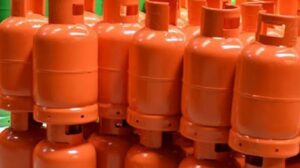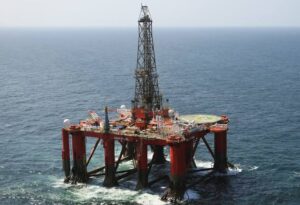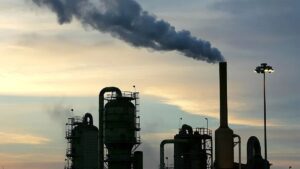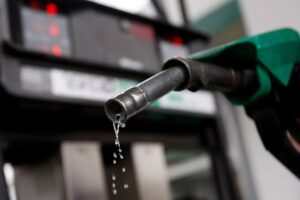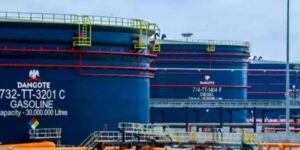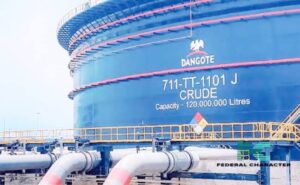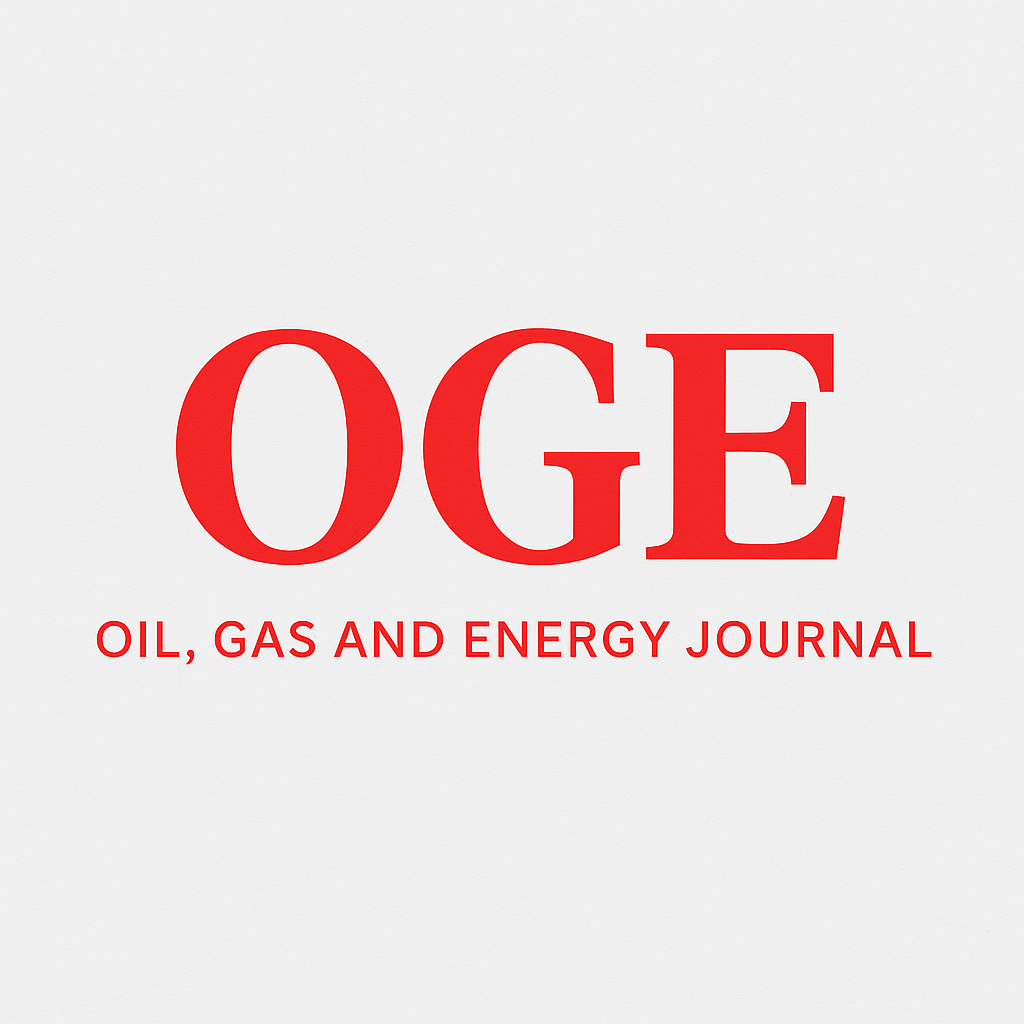The Nigerian National Petroleum Company Limited (NNPCL) has called on the Nigerian Upstream Petroleum Regulatory Commission (NUPRC) to accelerate approval processes and strengthen support for deepwater projects to enhance Nigeria’s competitiveness in the global oil and gas market.
Group Chief Executive Officer of NNPCL, Bayo Ojulari, made the appeal in an interview published in The Upstream Gaze, a special edition of the NUPRC’s in-house magazine marking its fourth anniversary.
Ojulari commended the Commission for its recent reforms, including digitalising licensing procedures, improving crude oil metering systems, successfully concluding bid rounds that attracted new investors, and advancing gas flare commercialisation. He, however, urged the agency to further streamline regulatory operations and sustain investor confidence in Nigeria’s upstream sector.
“The global race for capital is intense. To stay attractive, Nigeria must make its approval systems faster and deepen investment facilitation, especially in deepwater exploration,” Ojulari said.
Earlier this year, the NUPRC disclosed plans to unlock an additional 810,000 barrels per day from deepwater fields through a new cluster and nodal development model. If successful, the initiative could lift Nigeria’s total crude production — including condensates — to about 2.5 million barrels per day, boosting government revenues and improving OPEC+ compliance.
Speaking on NNPCL’s priorities, Ojulari said the company is focusing on gas as a transition fuel, growing domestic oil and gas output, and ensuring energy security. “We aim to fully harness Nigeria’s 200 trillion cubic feet of proven gas reserves to power industries, generate electricity, and expand exports,” he explained.
He also reaffirmed NNPCL’s commitment to meeting President Bola Tinubu’s production target of three million barrels of oil per day and 12 billion standard cubic feet of gas per day by 2030. These goals, he said, would be achieved through new field developments, increased investment decisions in deepwater assets, and renewed exploration across frontier basins.
Ojulari noted that several internal reforms have already improved operational performance, including the establishment of the NNPC Production War Room, the Industry-Wide Security Architecture, and frequent engagement with industry leaders. These measures, he said, have boosted collaboration, reduced oil theft, and pushed national output above 1.7 million barrels per day — the highest level since 2020.
He further revealed that NNPCL is investing in refinery rehabilitation and partnerships with private operators such as the Dangote Refinery and modular refining firms to strengthen Nigeria’s downstream sector. “Our goal extends beyond production numbers. It’s about energy security, job creation, and sustainable value for Nigerians,” he stated.
Ojulari concluded by reaffirming NNPCL’s alignment with the federal government’s plan to attract $60 billion in new oil and gas investments by 2030, stressing that continued cooperation with the NUPRC remains key to achieving the country’s energy and transition targets.



